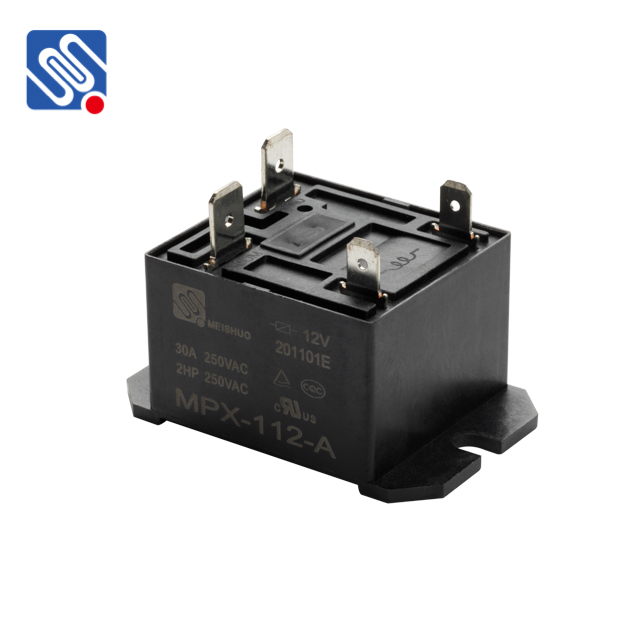Relays are fundamental components in electrical and electronic systems, acting as electrically operated switches that control the flow of current in a circuit. They are used across various industries, including automotive, telecommunications, automation, and more. Given their vital role in electrical systems, adherence to industry standards for relays is crucial to ensure safety, reliability, and optimal performance. The relay industry is governed by several standards that provide guidelines on the construction, testing, and operational performance of relays.

IEC 61810: The International Standard for Electromechanical Relays The International Electrotechnical Commission (IEC) is a globally recognized body responsible for setting standards for electrical and electronic devices. IEC 61810 is the primary standard governing electromechanical relays, which are widely used in various applications. This standard covers the characteristics, testing, and performance criteria for electromechanical relays, ensuring they meet necessary safety and functionality requirements. Key aspects of IEC 61810 include mechanical life, electrical endurance, environmental resistance, and reliability in different operating conditions.